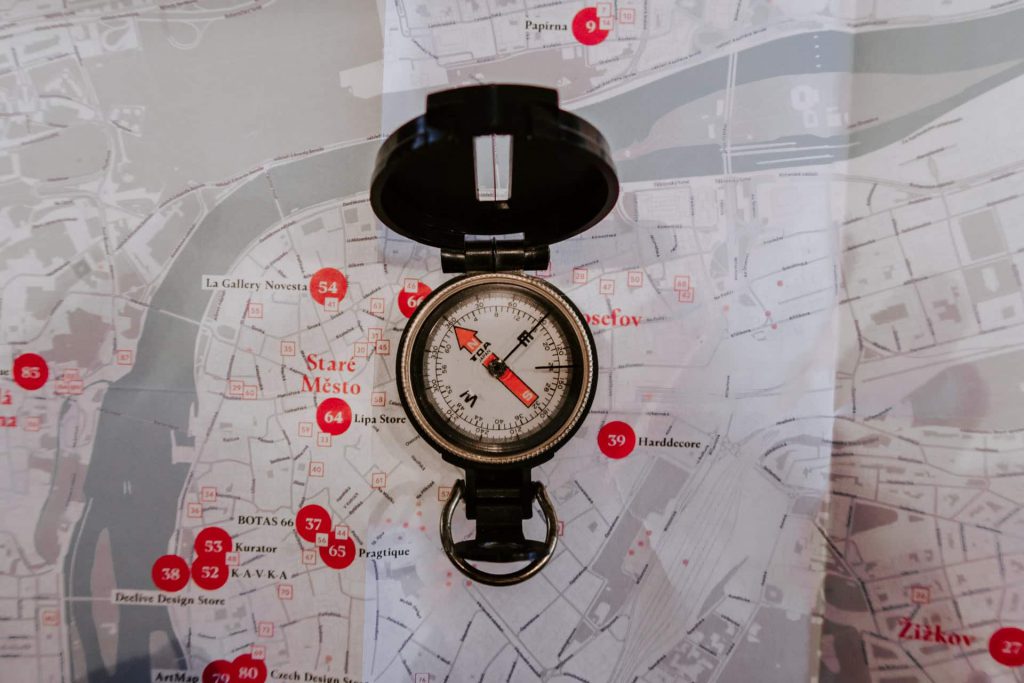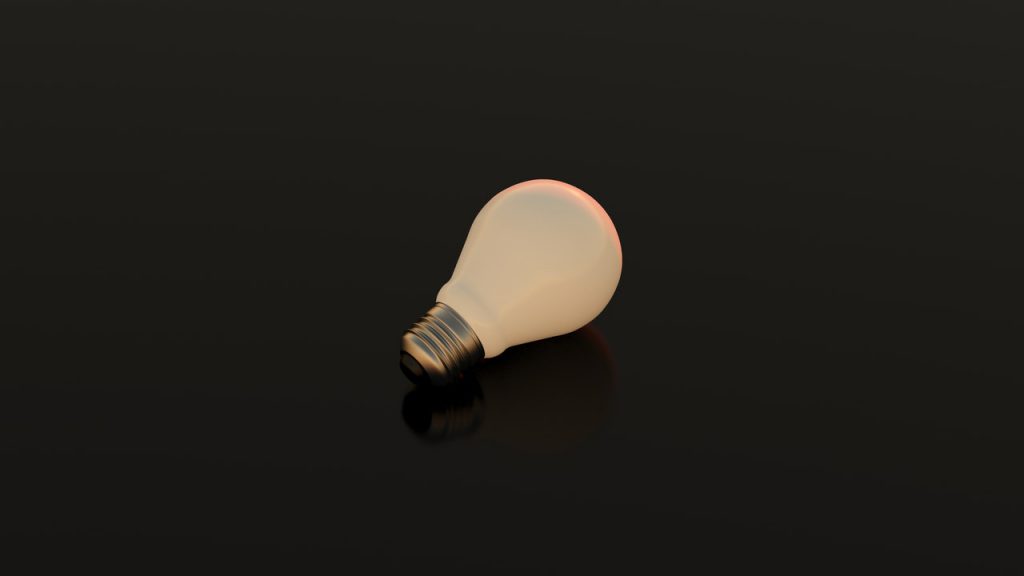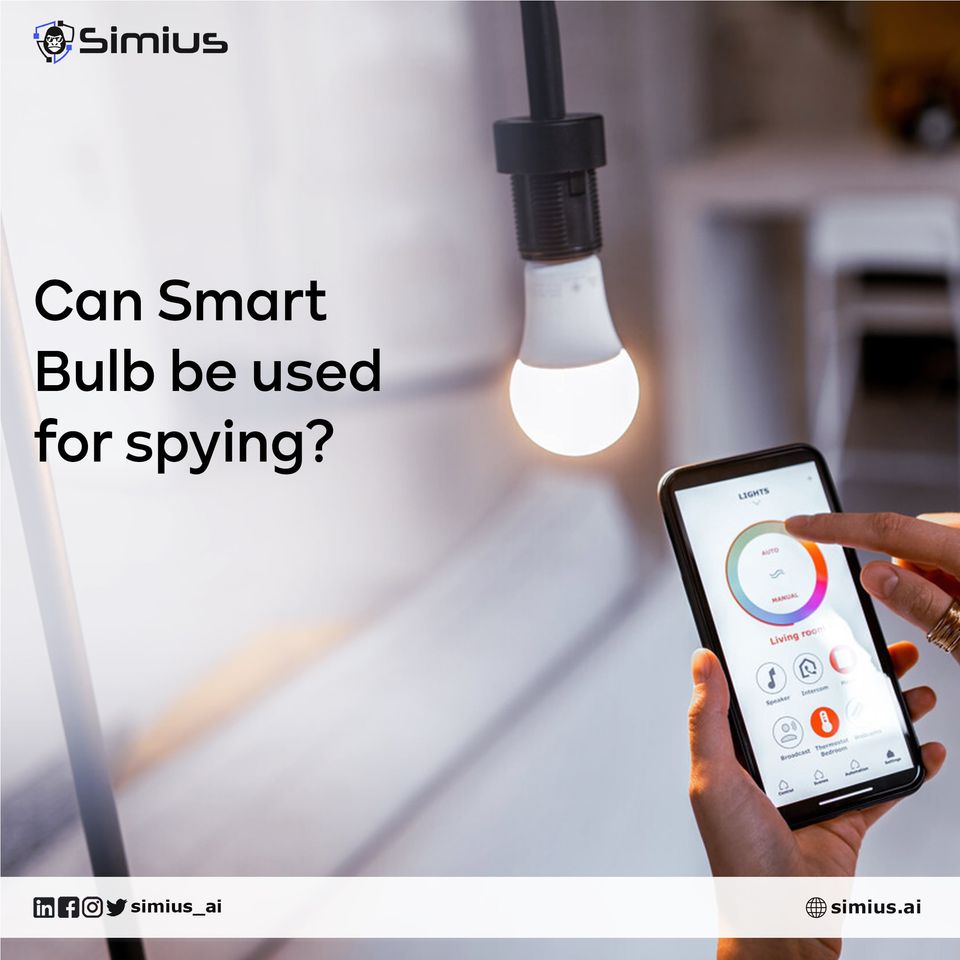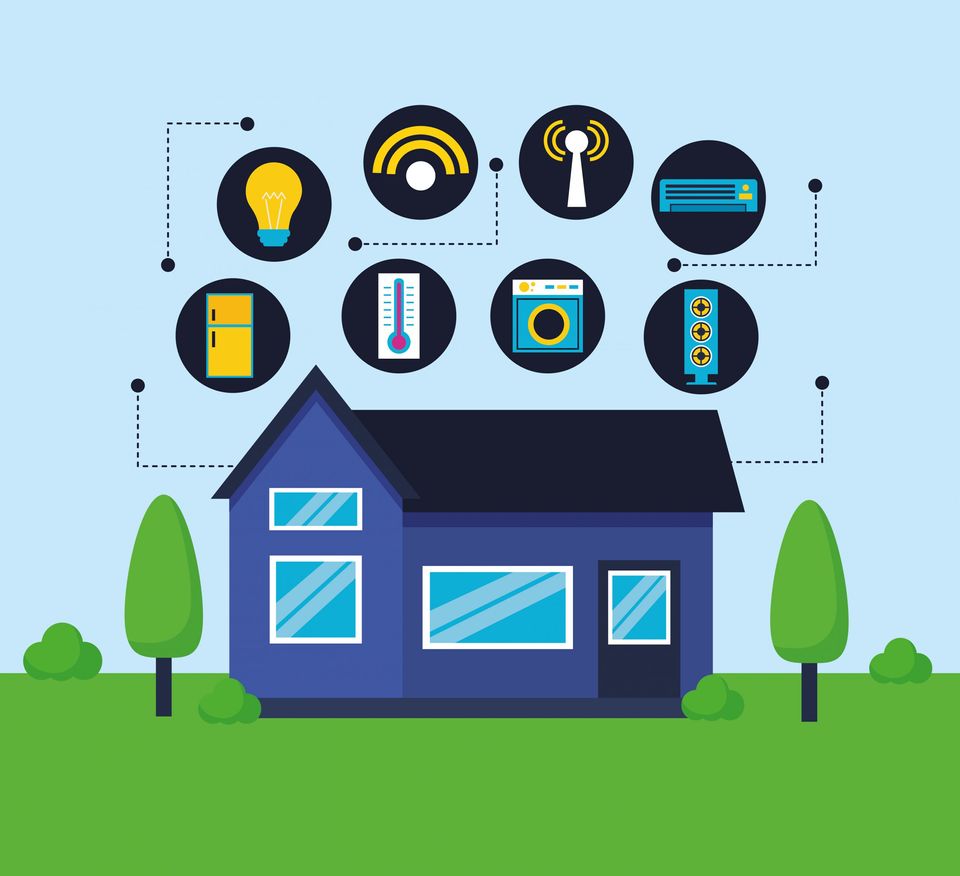Table of contents
Let’s talk about 3 ways your smart bulb is spying on you.
Wait, smart bulbs can be used for spying?
Yes, we always think it’s only hackers trying to breach our privacy and monitor our private moments. However, with these devices, the companies that operate them sometimes have ulterior motives.
Why the focus on smart bulbs? Well, most people imagine their higher fidelity smart devices (like smart assistants) have the ability to spy on them. However, they cannot believe a device like a smart bulb, that can only turn off and on, could give any usable observations to eavesdroppers. This is far from the truth.
Let’s get into the 3 ways your smart bulb is spying on you.
How smart bulbs spy on you
Bulb Telemetry (tracking when it’s turned on/off)

You turn your lights on, you turn your lights off, so what? The only data that could ever come from a smart bulb is binary and could never be useful to anyone right?
Wrong, give anyone enough data about something and they can use this data to find trends and other statical facts about that thing. It is especially scary when the subject of that data is you.
Here is an example. You wake up in the morning, you turn on your bedroom light at 8:00 am. Then, you walk to your bathroom and turn on the bathroom light at 8:10 am. Finally, you turn off the bathroom light at 9:10 am.
Hmm, 8:10 am to 9:10 am spent in the bathroom? That’s a long time. I can now sell that insight to advertisers and you will suspiciously start seeing ads for various bathroom appliances that save you time.
This is just a basic case, another fun example is tracking the times your bedroom light turns on and off overnight. This information could give eavesdroppers insight into your sleeping patterns and much more.
In-home Location tracking (and mapping)

In the previous point, we talked about basic tracking of the amount of time you spent doing something, like sleeping or using the washroom. Now we can get into a much more fun prospect, which is tracking your location in your house.
But “how can eavesdroppers do that?” you wonder. They only have data about the state of my smart bulb i.e whether it is on or off.
Well, say you have multiple bulbs in your home. All with nice labels such as “bedroom”, “kitchen”, “basement” etc. The reason you gave them such descriptive labels is to make them easy to use through a phone app or a voice assistant.
However, you are not the only one being helped by these labels. The eavesdropper now has context to their basic “light on / off” data. It has become “bedroom light on / off”, “kitchen light on / off” etc.
String a bunch of these together and voilà! There is now a list of where you potentially are in your house at all times.
This data can also be used to determine whether you are in your house or on vacation. Let’s say your bedroom light has not been turned on in the past 3 days and it is a long weekend, don’t be surprised if next year you start seeing travel deal ads while you are browsing the internet.
Always On (even when they are off)

Onto our last point. When you turn off a traditional light bulb, it is turned off. With a smart bulb however it gets a lot more complicated.
In the smart bulbs case, the light goes off. This gives the appearance that the bulb and all it’s internal components are switched off. In our minds we also assume the bulb is turned off, owing to our learned habits with regular bulbs.
A smart bulb must be able to turn back on when you instruct it to. This instruction could be carried out by the tap of your thumb on the corresponding smart bulb app or through a more robust automation orchestration scheme.
This presents a dilemma to you. If your smart bulb fully turned off when you told it to turn off then it would be useless. However, if your smart bulb merely turned off the lights but stayed on, it is then constantly “phoning home” to it’s manufacturer.
Conclusions
Now that we have shown you 3 ways your smart bulb is spying on you, it is now clear that hackers are not the only threat to look out for. You should also be wary of what kinds of things companies can do when they collect seemingly useless data.
Status tracking, Location tracking and Always on are not the only threats to your privacy. There are many others that were not covered here due to the interests of time.
When a problem presented, it is good move to also present solutions to that problem. Regarding having your privacy subtly violated, what can you do?
What you can do
An easy and recommended step would be to buy smart bulbs that can function without the internet. This helps immensely as the pipeline of your private data to the eavesdropper is effectively cut off.
You can also visit the links below to learn more about the ways unwanted people breach your privacy using a smart home device.
Dont forget to like and share this article, it really helps to spread awareness.







